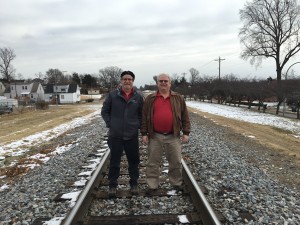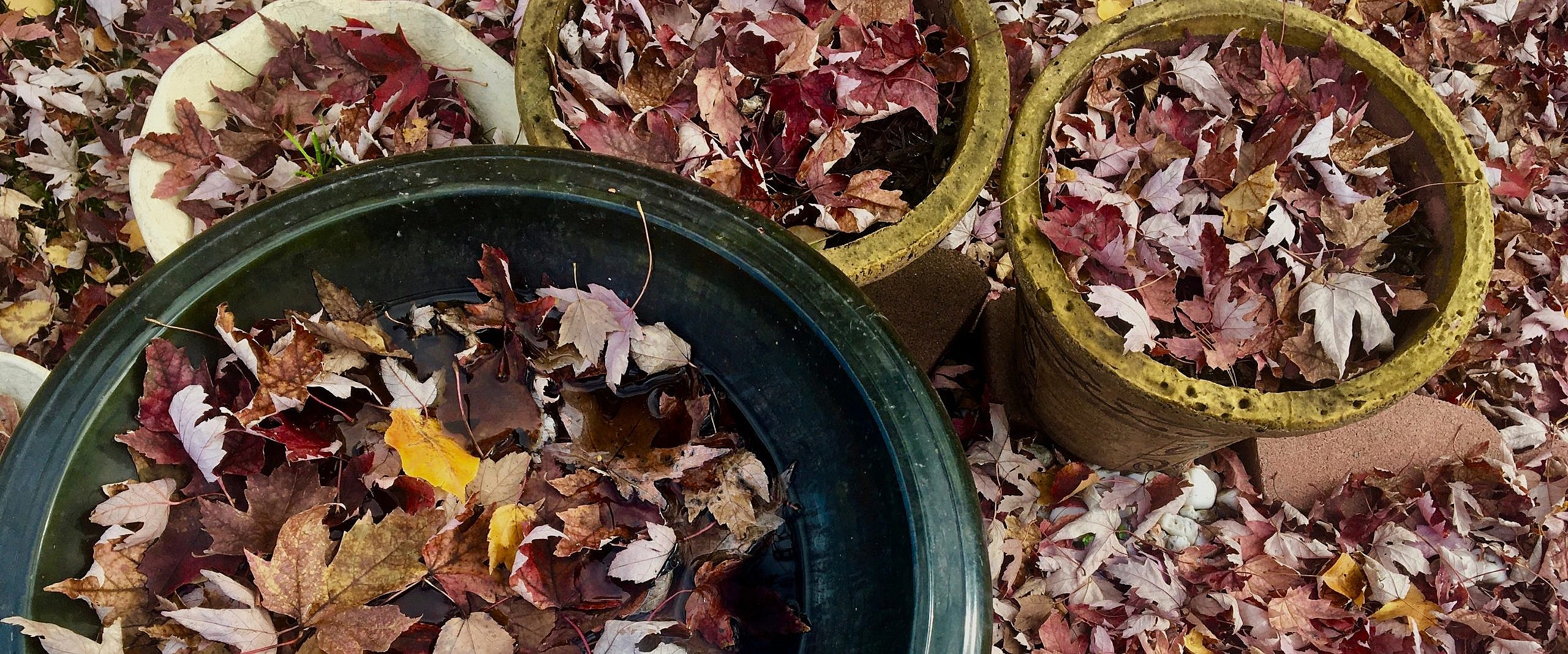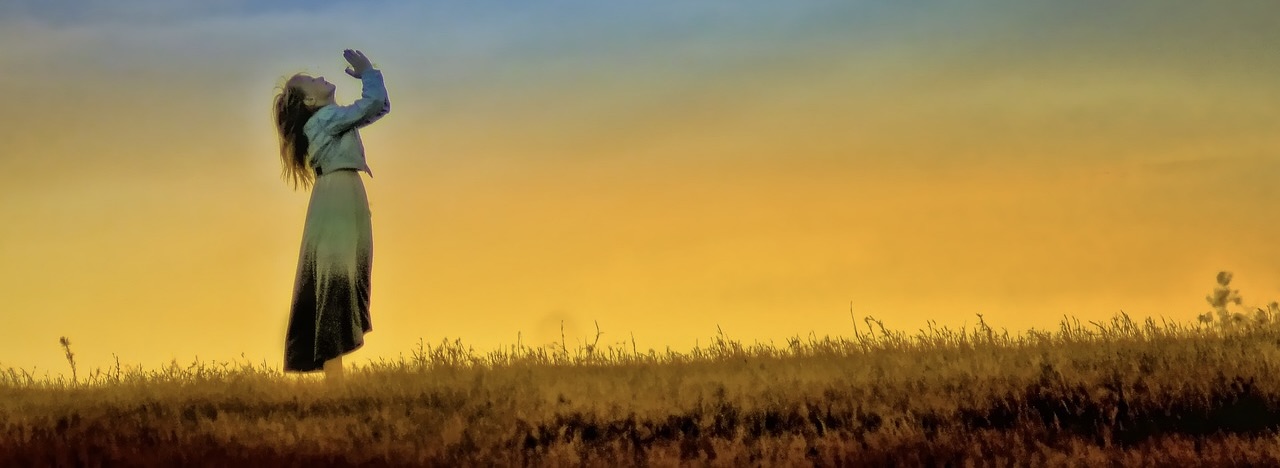
I recently came across this line of poetry from the Chilean poet Pablo Neruda: “Everything is ceremony in the wild garden of childhood.” And, of course, that’s right.
Take, for example, the pick-up games of some variation of baseball (fuzz ball, Indian ball, Wiffle® ball, cork ball, kickball, step ball) of my childhood in North St. Louis in the early ‘70s. These were “wild gardens” in the very best sense, meaning they required no adults, no official field dimensions, no uniforms and very few rules, other than the ever-evolving ones that existed only in our collective consciousness as 12-year-olds.
The wild garden of my childhood ball games was the beginning of my life of the mind and spirit, of my interaction with my imagination, with my own creativity and with the kind of ceremony and ritual that makes ordinary things special.
These games, although “unorganized,” were not short on ceremony. They didn’t begin with a scheduled field, a line-up card and an adult umpire calling out, “play ball!” (Although I played plenty of organized sports and have those memories, too…) These games, instead, began with ceremonies of our own making or those handed down from the older kids we watched and idolized.
We tossed a baseball bat in the air and caught it with one hand, then went hand over fist with the other person to see whose hand would cap the top of the bat and, thus, bat first. We laid out our jackets, caps and other found objects to mark boundaries and bases. We picked captains and chose sides, whether there were four of us or many more, although there were never full teams and just as often as not we didn’t even have the same number of players on each side.
We took our places in the field (very often a narrow strip of land adjacent to the Norfolk & Western railroad tracks where we really weren’t supposed to be and occasionally would get chased off by the railroad cops…) and started to play, which is when time stopped for all intents and purposes.
For who could possibly be expected to keep track of time while chasing down a long fly ball and feeling it fall gently into the well-oiled leather pocket of a beloved Rawlings Al Kaline model glove? Who could remember promised chores when a perfectly timed swing could send a ball flying further than you could ever remember it going before? Who could think of archaic math problems when you were busy calculating your batting average or the speed and distance you would need to travel to get to a rolling ball before it fell down the sewer on the other side of the street?

If not for the flickering on of the streetlamps (the universal parental sign to come home for dinner) who could be expected to leave a game with imaginary runners on first and third with only two out in the top of the ninth and Lou Brock at bat and Curt Flood on deck? Come on, now, who?
And what does all of this have to do with life now? Beyond fond memories, who cares? As people of faith living in a fractured democracy, shouldn’t we be concerned about more important things? We live in dangerous times.
Sure, there’s that. But if we want to be really effective change agents in the world, we should also care and remember about the wild gardens of our childhood, the magic of imaginary ceremonies and moments of pure and innocent joy that allowed us to lose track of time. For if we were to do that again, we might carve out for ourselves other such moments now. Instead of futile social media arguments and allegiance to the current demagogues of our choosing, we might find in our new moments of ceremony and joy that we are more alive, more aware of our “teammates,” in the pick-up games of life, even more aware of the God who continuously beckons us to joy.
What did you do in the wild gardens of your childhood? What were your ceremonies and moments of time outside of time? What can you take from those memories and give to the world today? What is God calling you to do with your “one wild and precious life?”*
—–
*Just this past week, many mourned the passing of the poet Mary Oliver, who penned this famous line in her poem “The Summer Day.” May she rest in peace and in God, whose work in the world she brought to life for so many of us through her poetry of the natural world.




12 comments On Playing in the Wild Garden of Childhood
Due to, shall we say the uneven quality of our batting, pitching (and fielding), we eventually agreed that 32 fouls constituted an out. What a wild and crazy bunch!
Good job, Steve
Thank you. I remember it well. I even had a Rawlings Al Kaline model also! These were good and innocent times.
Thanks for reflecting back…
Ha! I love that, Mary. Perhaps the beginning of or creative careers was the making up of rules for these games. One of my favorites was something like, “a foul ball that lands in the ashpit is a double play (if there are runners on base of course…”)
I was the kid who blinked every time a ball came toward me..but the boys across the street let me play workup with them in the street ( it wasn’t paved, and wasn’t a main drag) anyway. I still have the softball, the glove and the junior bat that were part of the informal lessons with my dad as he tried to teach me the fundamentals. But in my wild garden I started bird watching and star gazing in my back yard, with the help of bookmobile books…a place with its own ceremony. On hot Juky days I tried to teach the neighbor boy abc’s and numbers so he would be ready for kindergarten in the fall…I was going to be in the second grade, after all. And later in grade school there were the ceremonies of lunchtime recess…in addition to playing jacks with girls and marbles with boys, I start ed a “recipe club” that met once or twice to share our favorite ways to make treats if our mothers would let us into the kitchen. I captured a grasshopper and put it in an insect cage I made at scout day camp and gave it leaves to eat…but it died anyway…and I created a funeral liturgy for it and buried it under the Rose of Sharon hedge in a little cardboard box. These days I weep for the children, even in our leafy safe neighborhood, who never leave the house once they get home from school or dance or soccer practice and will never get to play in that wild garden of childhood.
Thanks, JL, for this wonderful and colorful response. I would like to think that today’s kids will find their own ways of doing these things, but it will involve parents getting out of the way and allowing them to explore on their own and make their own mistakes along the way.
Hello from a random corner of the internet! I found your page today after a google search for the Pablo Neruda quote about “everything is ceremony in the wild garden of childhood”.
I have a morning routine in which I try and solve the “Cryptoquote” puzzle in our local paper (in San Diego), and this was today’s quote. If I’m able to solve it, I like to google the quote author (Neruda in this case) and learn a bit about them. I did subsequently learn a bit about Pablo Neruda, but I saw your page first. And I remember a lot of the same childhood memories that you mentioned, involving pickup baseball in a vacant lot — and the method of choosing which team would bat first, with the hands on the bat.
Just wanted to leave this comment to say thanks for helping me remember a glimpse of my childhood from more than 50 years ago.
What a great comment, Steve. I’m so glad you found me today.
I also ended up here after working on the same cryptoquote ( in Winnipeg MB Canada). Fancy meeting you here. Thanks for the memories of a childhood from long ago. Like you, I hope that the kids of today find freedom to play in the garden of childhood too.
How strange and wonderful that you and Steve ended up here today. A wonderful coincidence and blessing.
I reached here after googling the Neruda quote too. I used it on my kid’s birthday card – taking them out for some outdoor play this time is the birthday treat!
Just want to say you write wonderfully and make me acutely aware of what my kid now, and I in the past, missed – unfettered, unsupervised outdoor play. Damn our congested, unfriendly cities of the developing world.
Keep writing!
Thanks for taking the time to write…hope you enjoyed the day out…